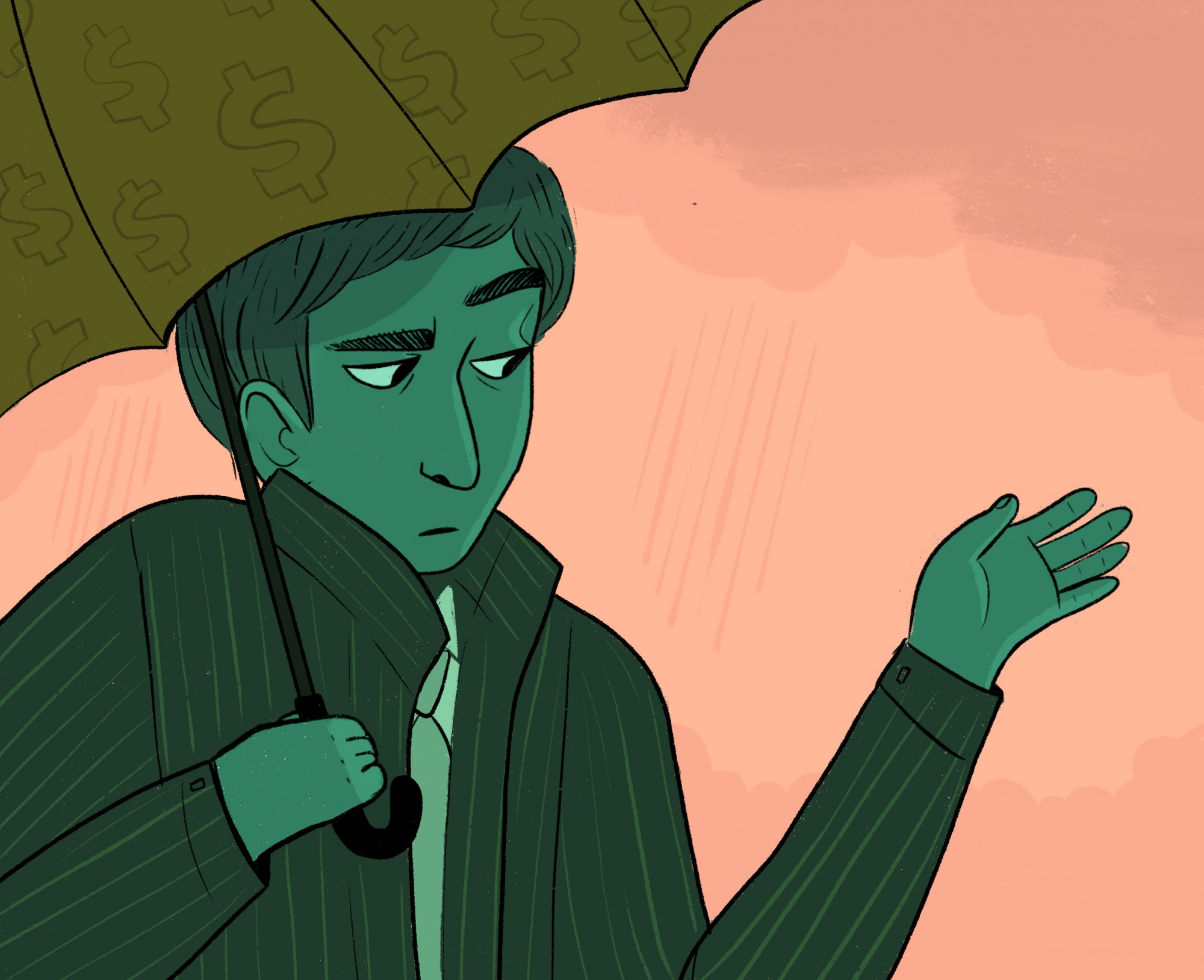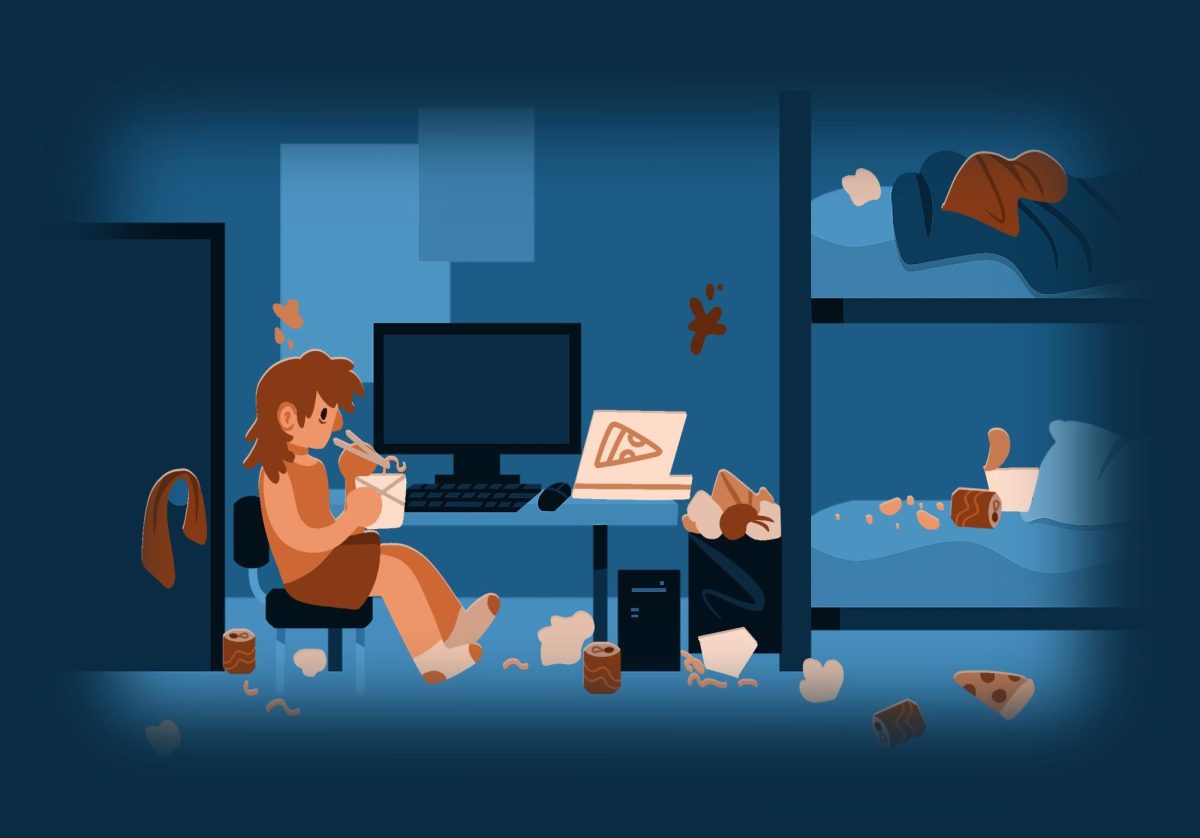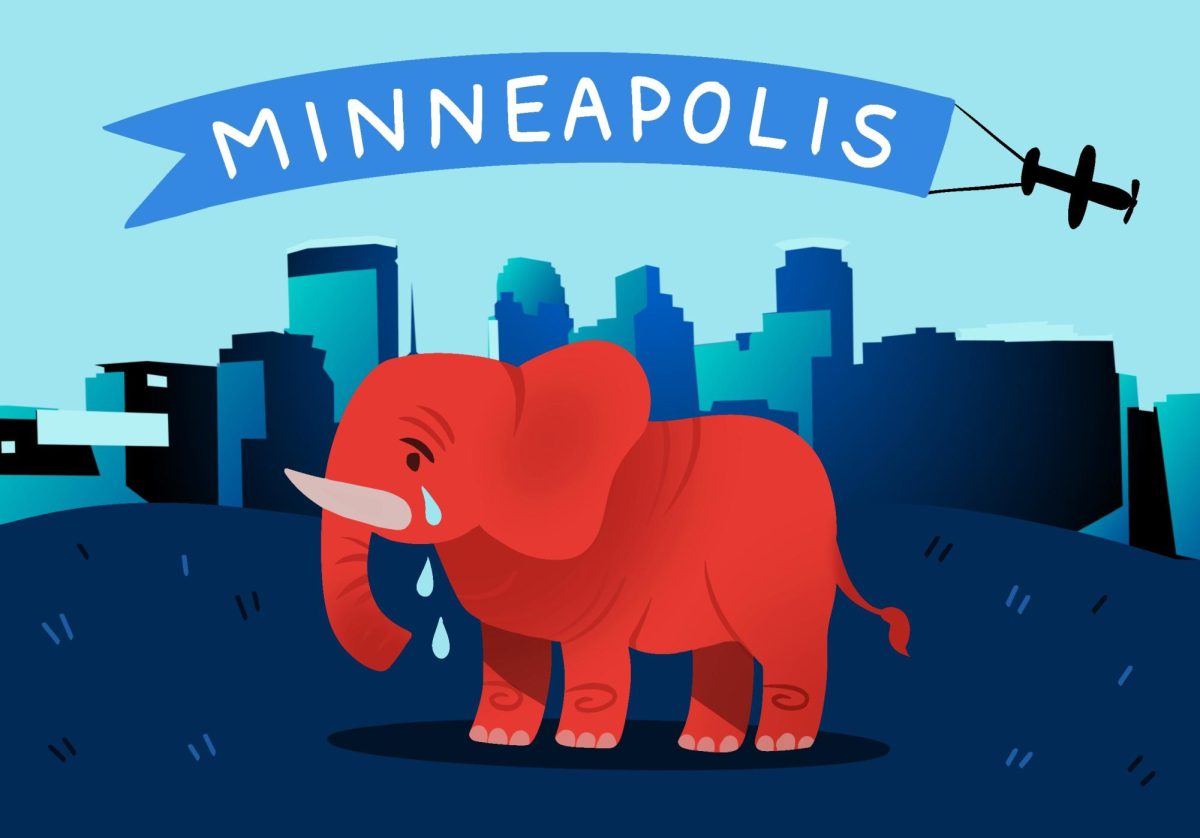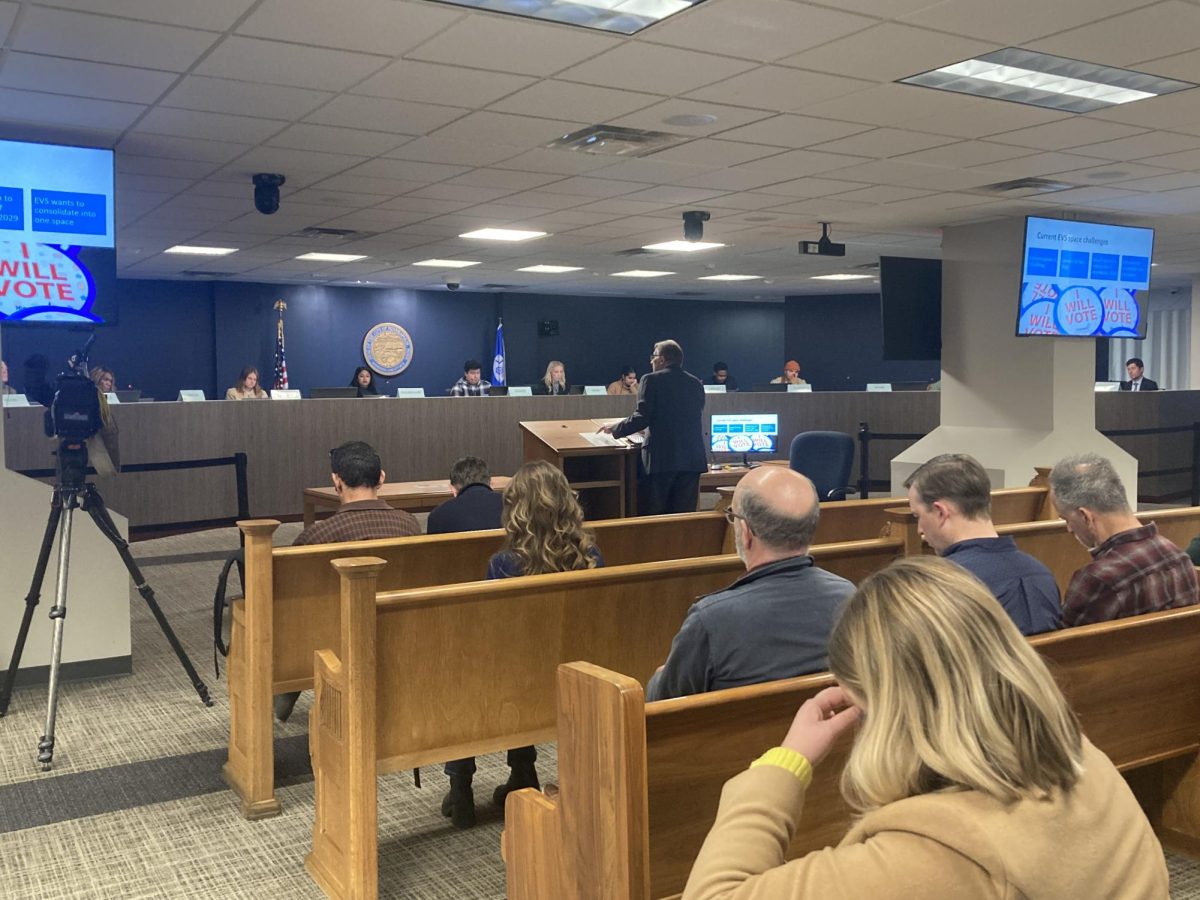As economists speculate on the probability of an impending recession, students feel uncertain about future financial prospects, according to a recent survey.
Only 8 percent of University of Minnesota students who participated in the study rated the current state of the U.S. economy as “very good.” Forty-six percent rated it as “good,” and 17 percent rated it as either “bad” or “very bad.” Meanwhile, 30 percent of students surveyed rated the current economy neither good nor bad.
The survey data, collected by University of Minnesota’s Hubbard School of Journalism and Mass Communication, had a margin of error of 5.4 percentage points and 330 completed responses.
First-year student Hailey Zeissler said she’s uncomfortable with the “volatile” state of the economy, due in part to current U.S.-China trade relations.
“It’s scary looking at a possible failing economy when it’s me on the line and I have to pay for all of this with little to no confidence in a solid future,” Zeissler said.
In August, a National Association for Business Economics survey published by Markets Insider showed more than 70 percent of economists believe a recession will occur before the end of 2021. More recently, Forbes reported that some economists now believe a recession does not pose as immediate a threat as previously thought.
Christopher Phelan, a University economics professor, said that the tracking and predicting of recessions is an inherently imperfect practice.
“Well, basically the track record of economists for predicting recessions is horrible,” Phelan said. “We’re no good at it and nobody else is, either.”
The survey also asked University students if they think the national economy will “get better, get worse, or stay about the same” in the next year.
Forty-two percent of respondents said that they felt it would get “somewhat worse.” Only 6 percent of students surveyed felt the economy would get “much worse” while 34 percent of students felt like the U.S. economy would “stay about the same.” Only 19 percent of students surveyed felt it would either get much or somewhat better.
Phelan also touched on the fallacy of economies being “due” for a recession. While recessions are a part of the natural business cycle, they don’t necessarily occur at regular intervals, he said.
“We’re going to have a recession again … that’s just like saying it’s going to rain. You never know when, but it is going to rain again.”
The national unemployment rate currently sits at around 3.5 percent, which Phelan said is promising for college students who may be entering the workforce. But according to the National Bureau of Economic Research, graduating during a recession can have negative impacts on earnings.
This is particularly daunting for Dominic Wolters, a sophomore in applied economics.
“For me it’s definitely concerning… ,” Wolters said. “I’m taking on a not-insignificant debt load, and [something I have to consider] is my earning potential going to be great enough that I can pay off my loans in a reasonable amount of time?”
Wolters also pointed to Americans’ lack of financial and economic literacy.
A 2018 Federal Reserve report found that on average, people answer less than three out of five financial literacy questions correctly. Six out of ten non-retirees with retirement savings have “little to no comfort in managing their investments,” according to the study.
“You should always be anxious,” Phelan said. “But this is the time I would be the least anxious … Assuming [the economy doesn’t] change that much, you’re graduating into one of the best labor markets that has existed in 50 years.”
Correction: A previous version of this story misstated Dominic Wolters’ year in school. Wolters is a sophomore.














